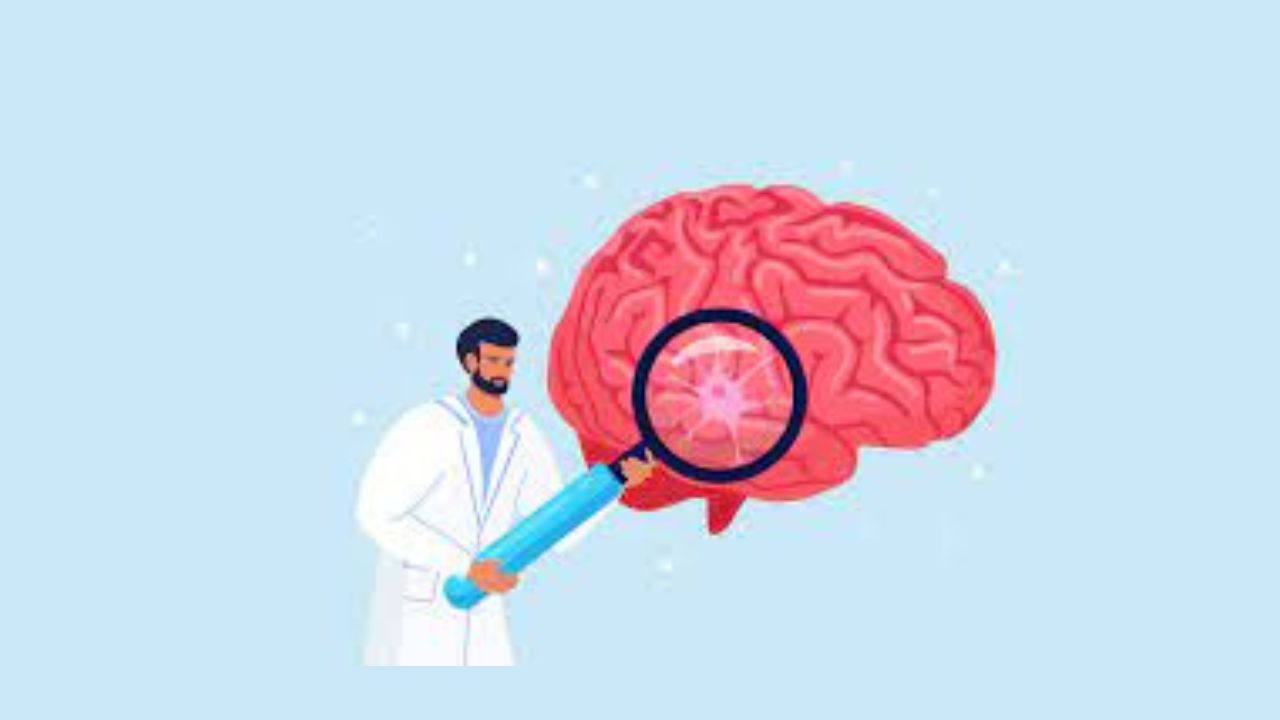Movement, memory, speech, and coordination issues can result from corticobasal degeneration, sometimes referred to as corticobasal syndrome, which causes the brain to degrade. The accumulation of the tau protein, which also occurs in Alzheimer’s disease, causes the degenerative disease to begin. In addition to other symptoms, a person with this condition will exhibit dementia, slow and slurred speech, balance problems, muscle rigidity, difficulties controlling a limb on one side of the body, and difficulty swallowing.
What is corticobasal degeneration and its causes
It is an uncommon condition in which a person’s brain narrows in some places and eventually loses nerve cells. The brain deteriorates over time, harming and destroying your neurons, due to the accumulation of a misfolded protein called Tau. It may be brought on by age and environmental changes in some persons.
Corticobasal degeneration signs and symptoms
The brain’s information processing center and important movement-controlling brain regions are both affected by the degenerative illness.
One or both sides of the body may have trouble moving due to this deteriorating disease. In addition to these health problems, a person with this condition may also experience stiffness, memory loss, muscle jerks, abnormal foot or hand postures (such as clenched fists), swallowing issues, balance issues, unusual eye movements, difficulty thinking, and problems with speech (slow, halting speech), language, and so forth.
Diagnosis of corticobasal degeneration
The patient is advised to have a neurological examination, blood tests, imaging tests such a CT or MRI, Electroencephalography (EEG), and lab testing in order to diagnose this disorder. Neuropsychological testing is done to evaluate memory and brain activity.
Treatment
There is no medication that can stop corticobasal degeneration from progressing or reverse it.
However, some medications may be able to keep the symptoms under control. Baclofen and levodopa are suggested treatments for muscular rigidity. Muscle spasms can be treated with clonazepam. Injections of Botox can reduce suffering. Galantamine, donepezil, and rivastigmine are cholinesterase inhibitors that can help with memory issues. To treat the symptoms, doctors may also suggest therapies like physical therapy, occupational therapy, and speech therapy.

 हिंदी
हिंदी






